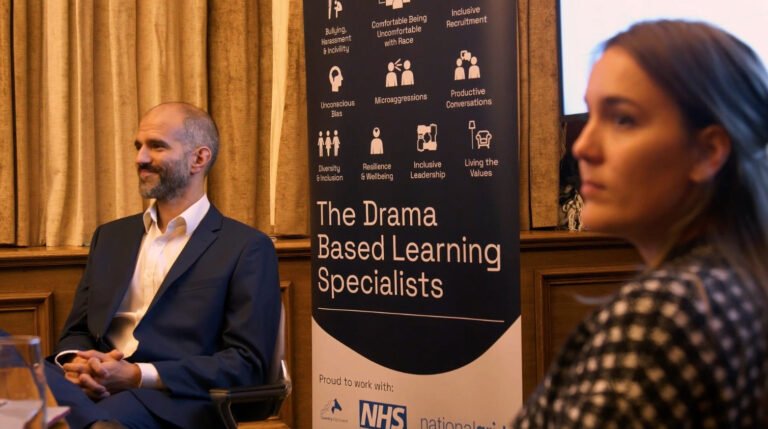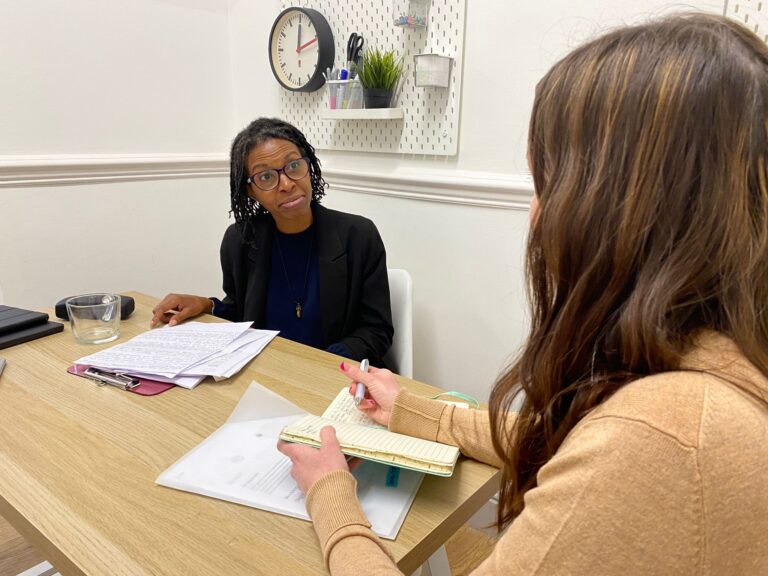
Did you know that if you go for a job interview on a rainy day then your chances of getting the job are at least 10% lower than if it’s a sunny day!
This was the findings of a research study done by the University of Toronto looking at Unconscious Biases in recruitment.
Another research study by the University of Sheffield found that in the UK, if you have an easily recognisable English name on the top of your CV you are twice as likely to be invited for an interview than if you have an Asian or African name. This finding came as the result of putting different names at the top of exactly the same CV and applying for over 3000 jobs.
Best Intentions
For most of us involved in recruiting and hiring, we go into the screening and interviewing process with the best intentions. We want the best person for the job and we are trying to be objective in our decisions. We certainly aren’t consciously thinking, “It’s raining outside so I don’t think I like this person”.
But behind the scenes of our conscious thinking, there are unconscious processes taking place so rapidly that we don’t even know about it. Unconsciously we can make a judgement about someone in less than a fifth of a second, which is faster than our eyes are even able to process their face.
Blinded by the Bias
Here are a few examples of different biases that might take place in a recruitment setting:
Affinity Bias – If the candidate went to the same school as us or grew up in the same town as us then we are likely to have a preference towards them.
Similarity Bias – If the candidate has a similar personality or dress sense then it is likely we will have a preference to them over someone better qualified but different to us. After all, we like people like us.
Beauty Bias – Looks count. If we think someone is attractive, it will play a part in our decision making. Equally, size matters. Did you know that 36% of US CEO’s are over 6’2” tall but only 4% of the US population are over 6’2” tall. For some reason being a tall man can significantly help in climbing the career ladder.
Halo or Horns effect – We can allow the judgement of one significant event override all other information. For example, if someone won an award for overachieving at a reputable company a few Years ago then we might ignore the fact that they were let go from their last job for not achieving their targets. This could also work the other way around where someone being let go from a job could override the fact that they had previously won an award.
Confirmation Bias – As mentioned earlier, we unconsciously make a judgement in as little as a fifth of a second so when our conscious, rational thinking kicks in after about half a second, we look for evidence to confirm our initial judgement because we don’t like to change our minds.
So if our own minds are tricking us and potentially preventing us from hiring the best person for the job, which could impact productivity and profitability, what can we do about it?
Overcoming Bias
There are two main areas that we can look at to minimise the impact of Unconscious Biases in recruitment. Firstly, we can set up our recruitment processes so they take some of these Biases out of play. Let’s call these External. Secondly, we can turn the torch inwards and build our self-awareness in order to shift our attitudes and behaviours in certain situations. We can call these Internal. Let’s take a look at the specifics of each in a little more detail:
External
Take names off CVs before screening. If we know that a name can significantly impact our initial judgements, then having name blind CVs, will enable us to focus on the important information rather than the name.
Use video or phone interviewing to screen candidates at the early stages and ask all candidates the same questions to even out the playing field.
Use technology to allow data driven analytics to factor into the process rather than just human opinion.
Make sure candidates receive thorough feedback. The process of providing feedback to both successful and unsuccessful candidates will clarify reasons for making certain decisions.
Internal
The starting point of challenging biases at play is firstly having an awareness of what they are and how they are showing up. When we start noticing things like our automatic reaction to seeing a candidate is wearing the same tie as us, then we can consciously shift to a more balanced appraisal.
In his book Everyday Bias, Howard J Ross outlines the P.A.U.S.E. model as a way of noticing our biases and shifting our thinking. Here is an overview of the model:
P – Pay Attention to what’s happening beneath the judgement (Event vs Interpretation)
A – Acknowledge or identify your reaction / interpretation / judgements
U – Understand other possible reactions / interpretations / judgements
S – Search for the most constructive / empowering or productive way to deal with the situation
E – Execute your action plan (Act consistently with what makes the most sense)
Next Steps
To find out more about Unconscious Bias and specifically how you can make positive changes in your organisation, take a look at our products page. And if you want to experience an innovative and powerful way to explore Unconscious Bias and best practice around recruitment & selection, please visit our Events page and register to attend one of our complimentary workshops being run across the country.



